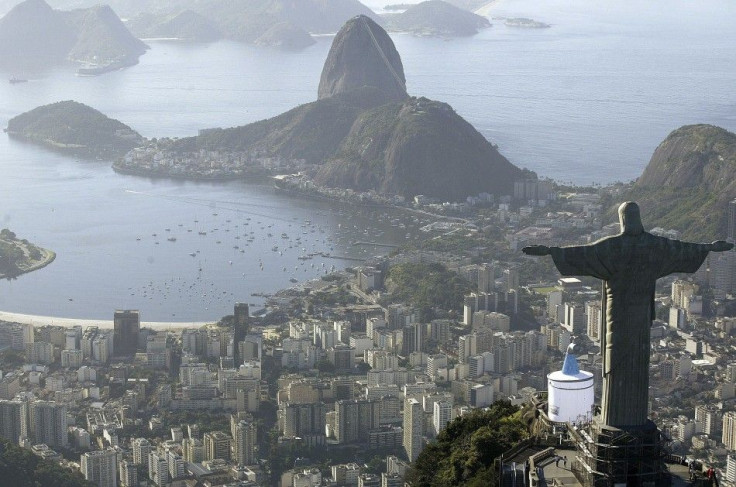Brazil Replaces UK As World’s 6th Largest Economy

In what is likely a changing of the guard in the global economic landscape, the surging economy of Brazil has supplanted the United Kingdom as the world’s sixth largest economy, according to The Centre for Economics and Business Research (CEBR).
CEBR chief executive Douglas McWilliams spoke to BBC about the rise of Brazil and decline of Britain as part of a larger and ongoing trend.
I think it's part of the big economic change, where not only are we seeing a shift from the west to the east, but we're also seeing that countries that produce vital commodities -- food and energy and things like that - are doing very well and they're gradually climbing up the economic league table, he said.
According to the CEBR World Economic League Table, the ten largest economies in the world are in order of GDP: U.S., China, Japan, Germany, France, Brazil, UK, Italy, Russia and India.
By 2020, the CEBR forecasts that the top three countries will remain unchanged; however Russia will rise to fourth place, followed by India, Brazil, and Germany. Indeed, the top European components of the top ten (Germany, France UK and Italy) are all expected to decline.
The CEBR also had some sobering forecasts for Europe as a whole The research group said the GDP for the euro zone would contract by 0.6 percent even if the debt crisis is resolved; otherwise, the economy could shrink by as much as 2 percent.
However, while Brazil has enjoyed a dizzying pace of economic growth in recent years due primarily to a huge escalation in commodity exports, particularly to the ravenous Chinese market, its economy is not immune to the global economic malaise.
The Brazilian government’s expected 3.5 percent GDP growth in 2011 is less than half the torrid 7.5 percent expansion witnessed last year -- partly due to the deterioration in the euro zone as well as the high domestic interest rates.
© Copyright IBTimes 2024. All rights reserved.











